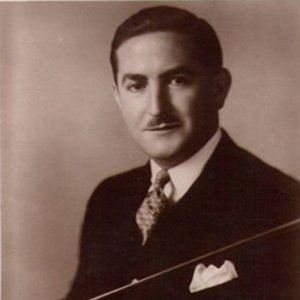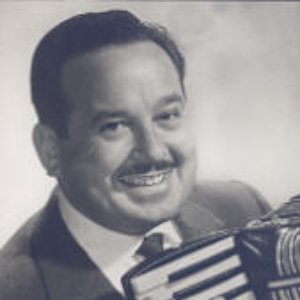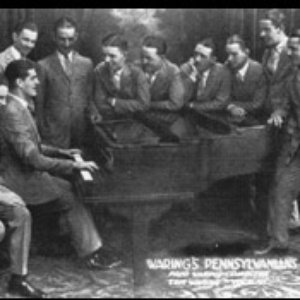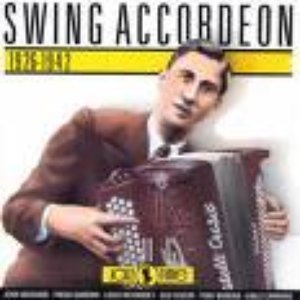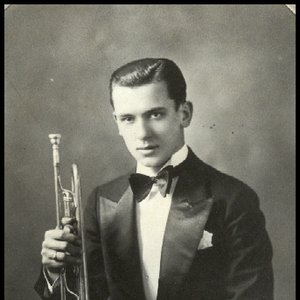Biography
Born Hubert Prior Vallee in 1901, he changed his name to Rudy after the famous saxophonist Rudy Wiedoft.
During his college days, Vallee played Wiedoft's records over and over, earning the 'Rudy' nickname from his fellow students at the University of Maine. Vallee later met his idol and the two Rudys developed a friendship that lasted until Wiedoft died. One of Rudy's saxophones, which once belonged to Wiedoft, was later sold to a Little Rock Attorney as a gift for then-governor of Arkansas Bill Clinton.
When Rudy transferred to Yale, he formed a band called the Yale Collegians, and made his singing debut at the Heigh Ho Club in New York City, after hastily volunteering to handle the vocals himself because he was fearful of losing the engagement. This launched the crooning–a natural, soft, untrained style amplified by use of a megaphone–that he made famous before Bing Crosby and Frank Sinatra. When WABC Radio in New York broadcast Rudy's shows from the Heigh Ho Club, he began using the "new" microphone, engaging in a sensuous dance and sliding his fingers up an down the column.
Rudy's first two records were "A Dream" and "Nola," recorded in 1921. His final recordings were in 1973 narrating Grimm's fairy tales. He was first to record "As Time Goes By," 13 years before "Casablanca" was made.
"The Fleischmann Hour," nationally known as the Rudy Vallee Hour–the first-ever radio talk show–debuted in 1928 with 200 million listeners. It was a live variety revue and Rudy's guests were a mixture of the famous and the unknown. He was the first ot invite black musicians to be on his show, and in appreciation, artists such as Louis Armstrong and Josephine Baker invited Rudy to their clubs in Harlem. Among his blunders: turning down the Andrew sisters and believing that Barbra Streisand had no talent.
During his first nine months in New York, he became a legend. At 28 he wrote his autobiography, Vagabond Dreams Come True. He saved the life of the sheet music industry during the Great Depression, when sales of everything but Rudy's music virtually stopped. He starred in the film, "The Vagabond Lover," the first of 33 he would make.
In 1961 Rudy stared in the smash Broadway hit, "How To Succeed In Business Without Even Trying," making a huge comeback. The show ran for four years, and Rudy later starred in the movie version.
Artist descriptions on Last.fm are editable by everyone. Feel free to contribute!
All user-contributed text on this page is available under the Creative Commons Attribution-ShareAlike License; additional terms may apply.


